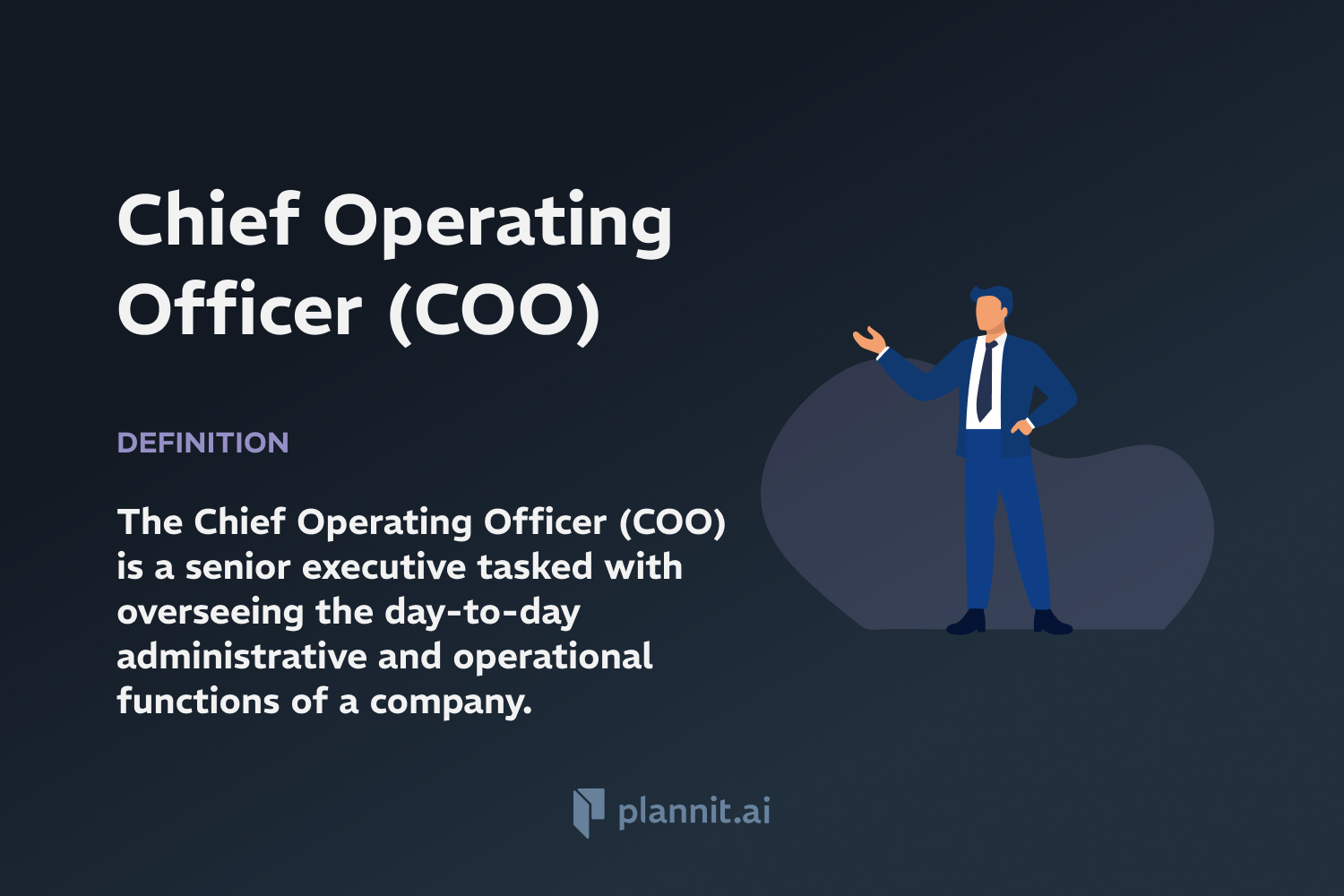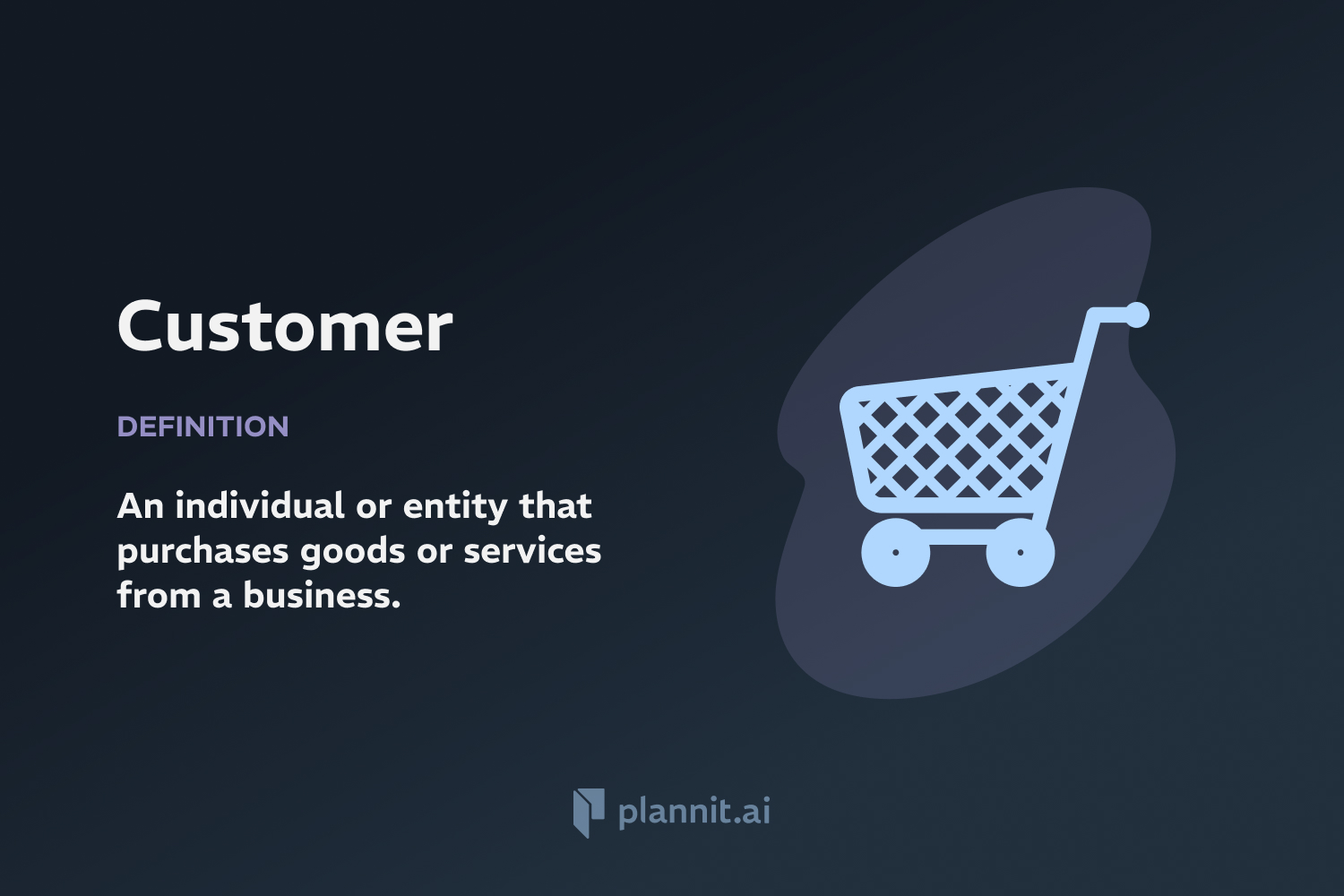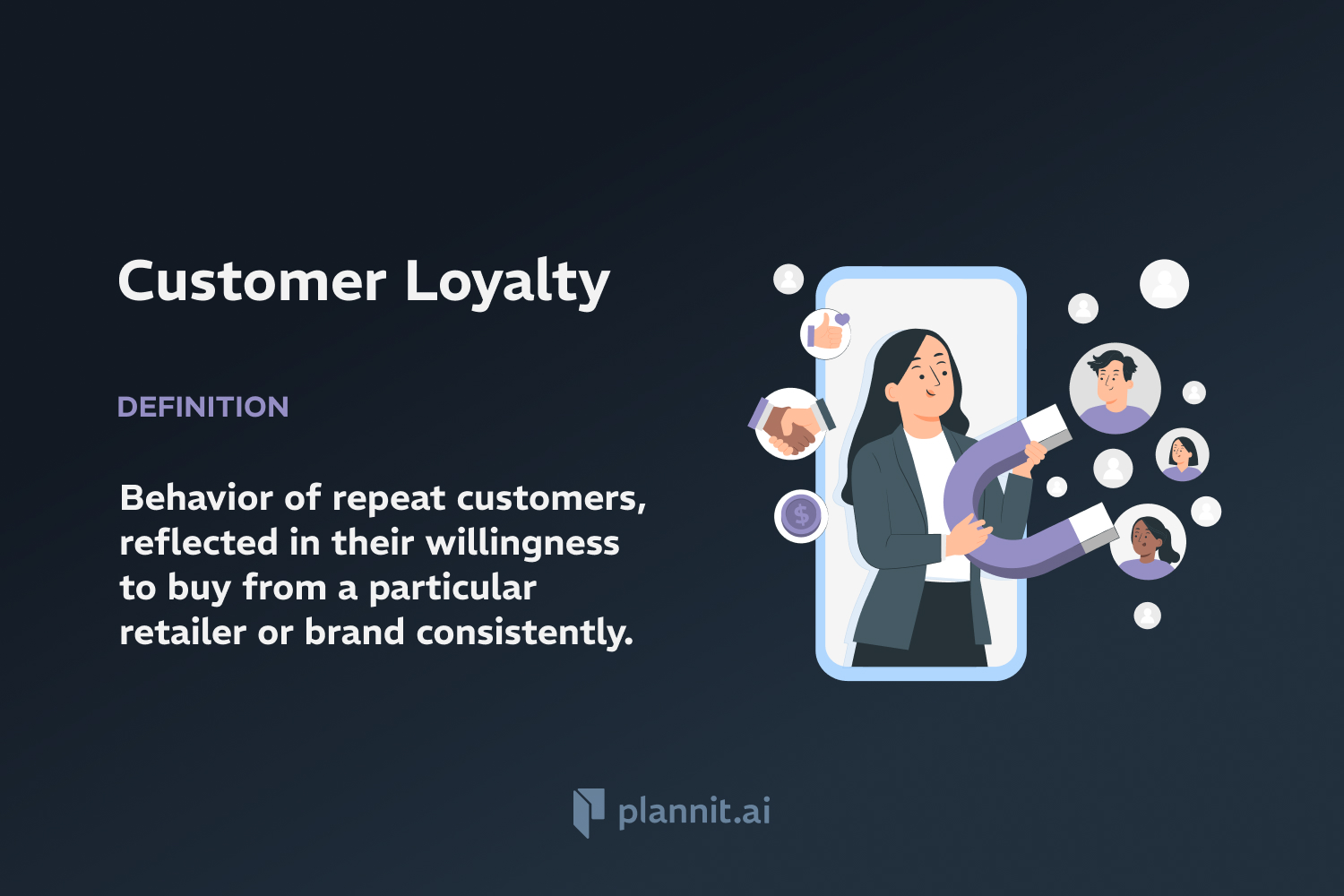Need Help With Your Business Plan?
Answer tailored questions and get a detailed business plan in minutes.
Expenses: Definition & In-Depth Explanation
Expenses refer to the economic costs a company incurs through its operations to earn revenue. In accounting, expenses are recorded on the income statement and can include costs such as rent, salaries, office supplies, utilities, and depreciation. These are critical for managing finances, assessing profitability, and formulating strategic business decisions.
Purpose:
The purpose of tracking expenses is to monitor the outflow of money from the company, ensure effective cost management, and establish financial control. By understanding where money is being spent, companies can identify areas where they can reduce costs, increase efficiency, and improve their overall financial health. Expenses also play a crucial role in tax calculation, as many can be deducted to decrease taxable income.
Example:
An example of a common business expense is rent paid for office space. If a company pays $5,000 per month for its office, this expense is recorded monthly on the income statement and affects the company’s net profit or loss for that period. Other typical expenses might include employee salaries, which are regular payments made to staff, and marketing costs, which could include advertising and promotional activities.
Related Terms:
Fixed Expenses: Costs that do not change over a short period and are not affected by the level of business activity. Examples include rent and salaries.
Variable Expenses: Costs that vary directly with the level of production or business activity. This can include utilities or raw materials used in production.
Operating Expenses: Costs associated with the operation of the business that are not directly tied to the production of goods or services. These include selling, general, and administrative expenses.
Capital Expenditures (CapEx): Funds used by a company to acquire, upgrade, and maintain physical assets such as property, buildings, or equipment.
FAQs:
What is the difference between expenses and expenditures?
Expenses are short-term outflows recorded on the income statement that are used up within the accounting period. Expenditures, while similar, can represent both the acquisition of assets (capital expenditures) and expenses. Expenditures refer to any outflow of money for any purpose, whether it's for operating expenses, debt payments, or investment purchases.
How do expenses impact profitability?
Expenses reduce the total revenue earned by the company, thus affecting the net profit. Effective management of expenses is crucial for maximizing profitability.
Can all expenses be deducted for tax purposes?
Not all expenses are deductible. Generally, business expenses that are deemed necessary and ordinary for operations can be deducted, but personal expenses and capital expenditures are treated differently for tax purposes.
Why is it important to classify expenses?
Classifying expenses correctly helps in accurate financial reporting, budgeting, and financial analysis. It allows businesses to track and control costs effectively and make strategic decisions based on financial insights.
How are expenses recorded in accounting?
Expenses are recorded on the income statement during the period in which they are incurred, regardless of when the payment is made. This practice aligns with the accrual basis of accounting, which matches income and expenses in the period they occur.
Get funding with a business plan that will impress investors.
Starting a New Business?



